“Into every life some rain must fall.” So wrote Henry Wadsworth Longfellow. Perhaps no group of Christians who had walked the face of the earth knew that truth better than did those to whom this letter was written.
As Peter sits down to compose this epistle, historians tell us that the Roman Emperor Nero is whipping up a plan to blame the great fire of A.D. 64 on Christians. Seeking scapegoats to divert public suspicion concerning his role in the blaze which devastated Rome, he looks no further than this group of infidels who worship none but Christ. It is the first great outbreak of state-sponsored persecution, and it results in Christians being encased in wax and burned at the stake to light Nero’s gardens, in crucifixions, and in believers being thrown to wild beasts. While the official persecution seems confined to the vicinity of Rome, attacks on Christians spread to other regions. As Peter anticipates the future, he sees that a whole lot of grief and pain is on its way, so he puts pen to paper and produces this passage.
While their trials are not yet ours, their grief most certainly is. Like our first-century brothers and sisters, we will lose loved ones sooner than we would have wanted (perhaps first to disease and then later to death), we will see parts of our preferred future blow up and disintegrate into a million pieces, and we will be disappointed by what God allows to happen to us or those we love. Because we are human, all of this will produce grief.
Yet in the middle of these grief-producing trials, Peter writes and calls us to rejoice. How can he do that? He can because he knows we have been “born again to a living hope through the resurrection of Jesus Christ from the dead.” (1 Peter 1:3) If part of our future includes grief, and if we have been born again to a living hope, then that means that hope grieves. Perhaps it’s better to say that true hope allows us to truly grieve, or that if we don’t hope well then we can’t grieve well. Hope and grief are not mutually exclusive, and many of you reading or listening to this devotional know that way better than I.
If you are like me, there is at least one thing going on right now, either in your life or the life of someone you love, that is causing you grief. But, because of the resurrection of Jesus (verse 3), we can face that grief with hope – hope that we have an imperishable inheritance waiting for us (verse 4), hope that we are protected by the power of God (verse 5), hope that there is a salvation ready to be revealed in the last time (verse 5) which will allow us to finally see and be with Jesus (verse 8). So while it’s true that living in this world will cause us to encounter grief, it is not true – because of Easter – that we have to encounter it from a place of hopelessness.
As a pastor friend of mine used to say, “Who’s this for?”
Pastor Scott Smith
Connections & Growth Pastor

